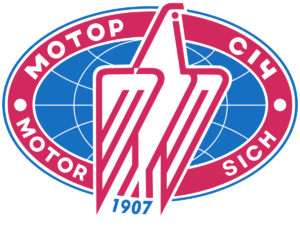
JSC “MOTOR SICH” topped the rating of the largest employers in the Zaporizhzhia region according to OpenDataBot, based on the official financial statements of companies.
The aircraft engine manufacturing plant was founded in 1907. Since 2022, it has been owned by the Ukrainian state. Previously, it was controlled by the Boguslaev family.
Number of employees: 13,300. Financial indicators: The company’s revenue in 2023 is about UAH 4 billion. The number of employees decreased by 8% compared to the previous year. The enterprise is strategic for Ukraine’s defense industry.
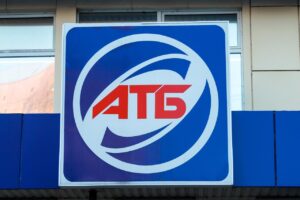
According to the OpenDataBot rating, compiled based on data from the State Statistics Service, ATB Market has become the largest employer in the region in terms of the number of employees.
A supermarket chain operating as a discounter. It was founded in 1993. As of 2024, it is the largest employer in the region with 46,084 employees.
Owners: The ATB Group of Companies is controlled by businessmen Gennady Butkevich, Viktor Karachun, and Evgeny Ermakov.
Financial indicators: As of the end of 2023, the company’s turnover exceeded UAH 200 billion. The company is consistently ranked among the top five retailers in the country.
Activities: Over 1,200 stores in more than 300 cities. In 2023, the number of employees increased by 4.5%.
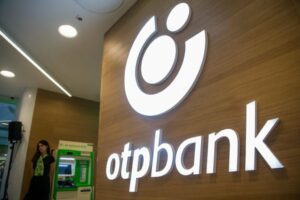
Technological advancement and digitization of services are among the top priorities of OTP BANK JSC. To offer as many opportunities as possible, low-code and no-code platforms have been implemented, allowing businesses to develop their own processes and products.
This was announced by Lilia Lazepko, Member of the Management Board of OTP BANK, responsible for the business line of operational activities and IT, at a closed meeting of the UKRAINIAN BANKING SUMMIT, which brought together top managers of the banking industry, fintech companies, regulators, and market experts.
“The Bank’s operational efficiency indicator is one of the best in the OTP Group and among Ukrainian banks thanks to the technological sophistication of our processes. My dream is for all our processes to be fully digitized. At the Bank, we have decided that anyone who wants to develop new solutions will be able to do so, and we provide this opportunity. Those who possess technology are organically integrated into the banking sector,” she noted.
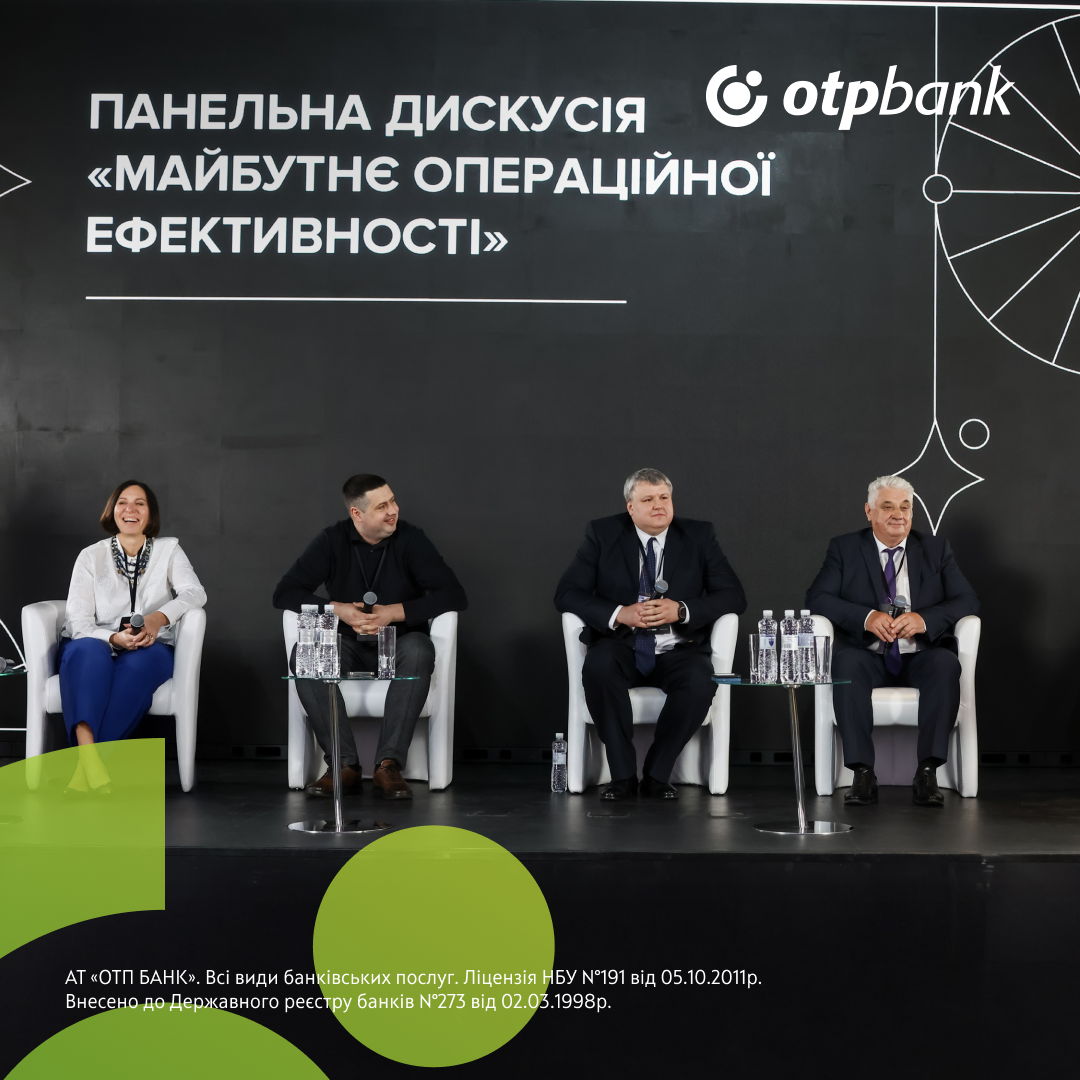
Lilia Lazepko also said that OTP Bank has been using a scoring model for a long time, and the retail loan portfolio is constantly improving thanks to modern technologies. At the same time, Lilia Lazepko noted that the digitalization of lending to legal entities should be more focused on data analysis, updating, and systematization, as the human factor is also very important in this area.
At one of the sessions of the UKRAINIAN BANKING SUMMIT, Hanna Horbenko, Director of the Compliance and Financial Monitoring Department at OTP Bank, said that artificial intelligence technologies in banks can be used to identify dishonest customers or those whose ultimate beneficiaries are persons included in sanctions lists.
“In addition, artificial intelligence can easily predict or identify existing new fraud schemes or money laundering methods based on data about the market situation, which always develops faster than the financial sector. AI is also useful for systematizing knowledge from the regulatory framework for compliance and financial monitoring, as this framework is very extensive,” she emphasized.
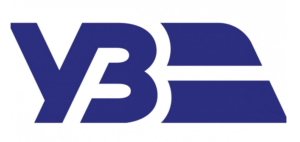
According to the ranking of the largest employers by region in Ukraine, compiled by OpenDataBot based on official reports from the State Statistics Service, Ukrzaliznytsia has been recognized as the largest employer in Kyiv and the entire country.
The largest employer in Ukraine with 178,616 employees. A state-owned railway company founded in 1991 on the basis of the infrastructure of the Ukrainian SSR. It is a monopoly in the railway transport market. It is part of the Ministry of Infrastructure of Ukraine. Its head office is in Kyiv.
Financial indicators: As of 2023, the company’s revenue exceeded UAH 95 billion. In 2024, the company was ranked among the top ten transport operators according to the OpenDataBot Index.
Activities: Provides passenger and freight transportation services and owns a railway network of over 19,000 km. The company is actively modernizing its rolling stock and introducing digital services.
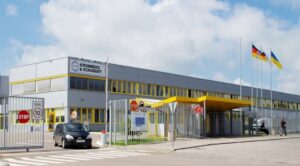
According to OpenDataBot and official statistics, the German automotive company Kromberg & Schubert became the largest employer in Volyn.
The company employs over 5,000 people in Ukraine. It manufactures cable networks for cars. Previously, the WOG network was the largest employer in the Volyn region.